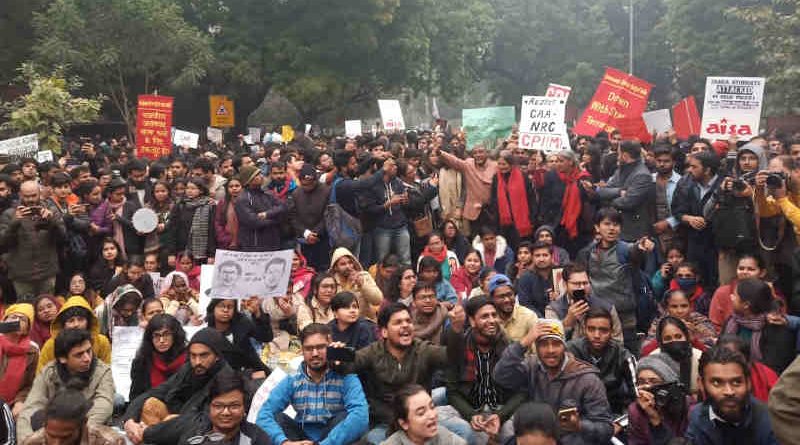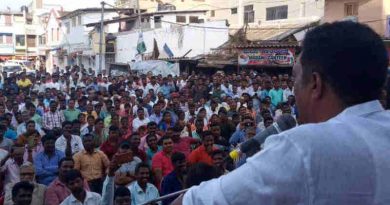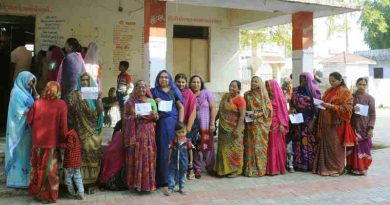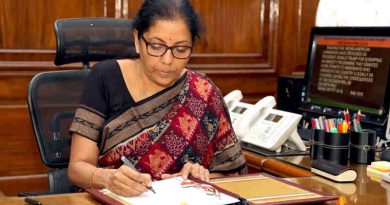European Parliament Delays Vote on Anti-Muslim CAA and NRC
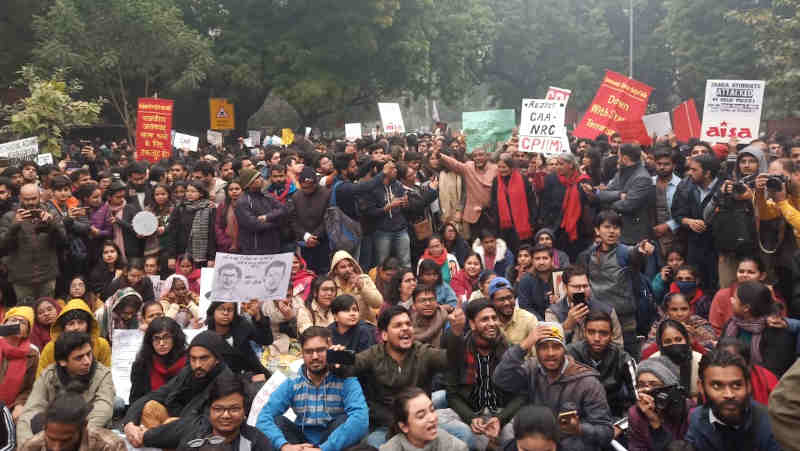
India has contended that the introduction of CAA is its internal matter in which the European Parliament must not interfere.
By Rakesh Raman
A joint motion, covering 5 resolutions moved by Members of the European Parliament (MEPs) against India’s Citizenship Amendment Act (CAA), was debated at the Plenary session in Brussels on Wednesday (January 29).
However, under strong objections from the Indian government, the vote on the motion which was scheduled to take place today (January 30) has been postponed until March.
India has contended that the introduction of CAA is its internal matter in which the European Parliament must not interfere. Consequently, the European Parliament buckled under Indian pressure and ignored the human rights concerns of over a billion Indians who are being persecuted by the authoritarian Indian regime.
In its resolutions discussed on January 29, the European Parliament had expressed deep concern at the fact that India has created the legal grounds to strip millions of Muslims of the fundamental right of equal access to citizenship.
A resolution moved by a group of 154 Members of European Parliament (MEPs) states that the Citizenship (Amendment) Act (CAA) passed by the Indian government could be used, along with the National Register of Citizens (NCR), to render many Muslim citizens stateless.
Hundreds of thousands of people have been protesting in India for the past couple of months against the Citizenship Amendment Act (CAA), National Population Register (NPR), and National Register of Citizens (NRC) announced by PM Narendra Modi and his Home Minister Amit Shah.
[ Modi Creating a Hindu Nationalist State to Harm Muslims: George Soros ]
While the Modi government claims that as an elected body, it is authorized to make any laws, even the Supreme Court of India – which is controlled by the Modi government – has refused to grant stay on CAA, which has triggered nationwide protests.
The European Parliament resolution urges the Indian authorities to engage constructively with the protesters and consider their demands to repeal the discriminatory CAA. It further condemned the torture and detention of minors and peaceful protesters and the imprisonment of those critical of the authorities.
It called on the Modi government and Parliament of India to demonstrate their expressed commitment to fully guaranteeing the protection of refugees and migrants, irrespective of their religion.
[ Narendra Modi Stokes Divisions in India: The Economist ]
The EU and Member States have been directed to condemn all violence in the context of the ongoing protests against the CAA, including the alleged killing of protesters by law enforcement officials and all incidents of excess use of force by the police.
The MEPs have called on the Indian authorities to launch a prompt and impartial investigation into the allegations of torture and ill-treatment of peaceful protesters.
The resolution has also urged the EU and Member States to promote the implementation of the UN Security Council resolutions on Kashmir, which is a disputed territory between India and Pakistan.
It condemned the unilateral changes made to the status of Kashmir by Modi government and asked both sides to implement the recommendations of the UN Refugee Agency (UNHCR) report on Kashmir.
[ Supreme Court of Modi Govt Refuses to Stay Citizenship Act ]
In order to penalize India, the resolution has urged the EU and Member States to raise the controversial new citizenship legislation in their contacts and negotiations with their Indian partners, and insists that any EU trade agreement with India should include a strong human rights clause with an effective implementation and suspension mechanism.
It calls for the EU and its Member States to use all bilateral and multilateral meetings to urge the Indian authorities to open up to a constructive human rights dialogue and to end the crackdown on individuals and organizations working on human rights.
The European Parliament had instructed its President to forward the resolution to the Government and Parliament of India, the Council, the Commission, the Vice-President of the Commission / High Representative of the Union for Foreign Affairs and Security Policy, and the European External Action Service (EEAS).
By Rakesh Raman, who is a national award-winning journalist and social activist. He is the founder of a humanitarian organization RMN Foundation which is working in diverse areas to help the disadvantaged and distressed people in the society. He also creates and publishes a number of digital publications and research reports on different subjects.

